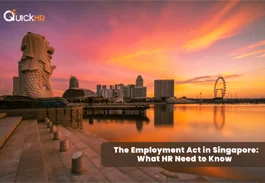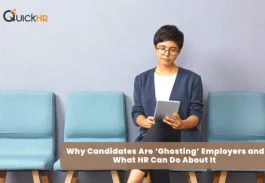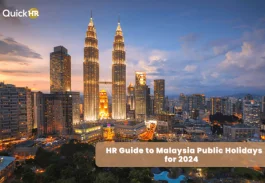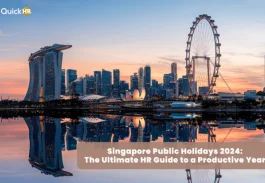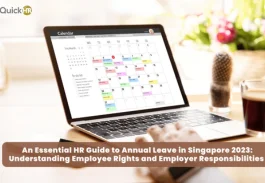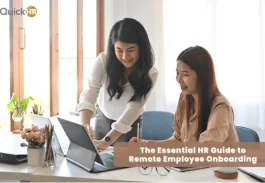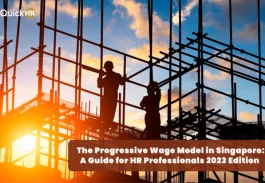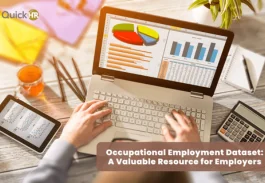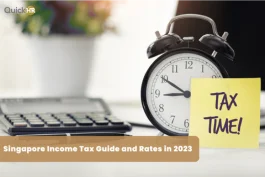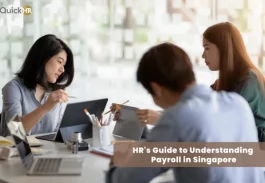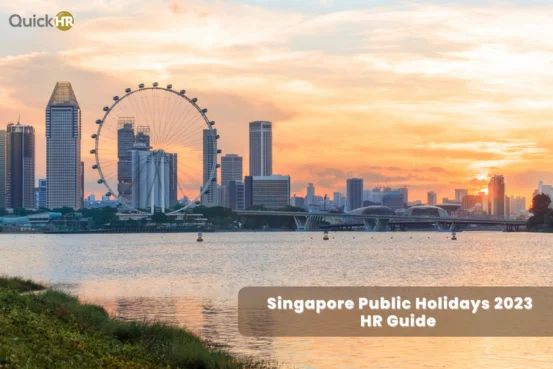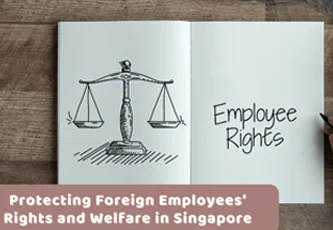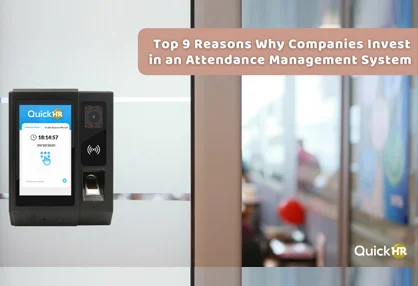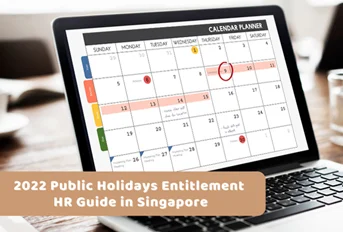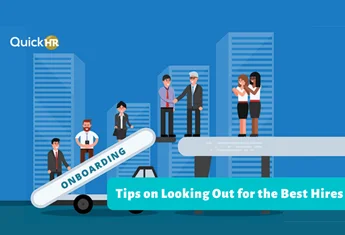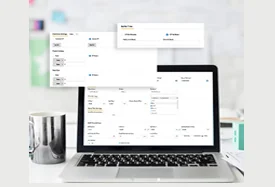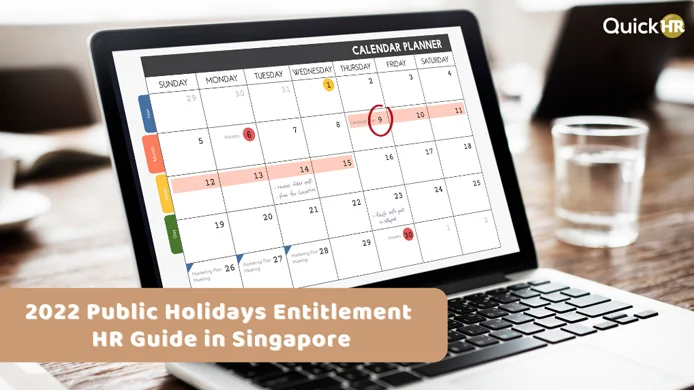
Singapore Public Holidays 2022: Entitlement HR Guide
Posted on 09 December 2021 in Business | Anna Beatrice
The post-pandemic scene has filled 2021 with both anticipation and doubts. Some have successfully adapted to the major changes, while others
are still struggling to adjust to the newly implemented solutions. Nevertheless, we still have a lot of opportunities to look forward to in 2022! With that in mind, we can start to prepare and plan for the public holidays this coming 2022!
Singapore Public Holidays and Long Weekends 2022
The Ministry of Manpower (MOM) has revised public holidays in 2022. With the new inclusion of 10 July 2022 (Sunday) as a public holiday for Hari Raya Haji, there will now be a total of 6 long weekends. Six of the 11 public holidays fall on a Friday, Sunday, or Monday.
Here's the 2022 holiday calendar to find out more about the long weekends that you'll have next year.
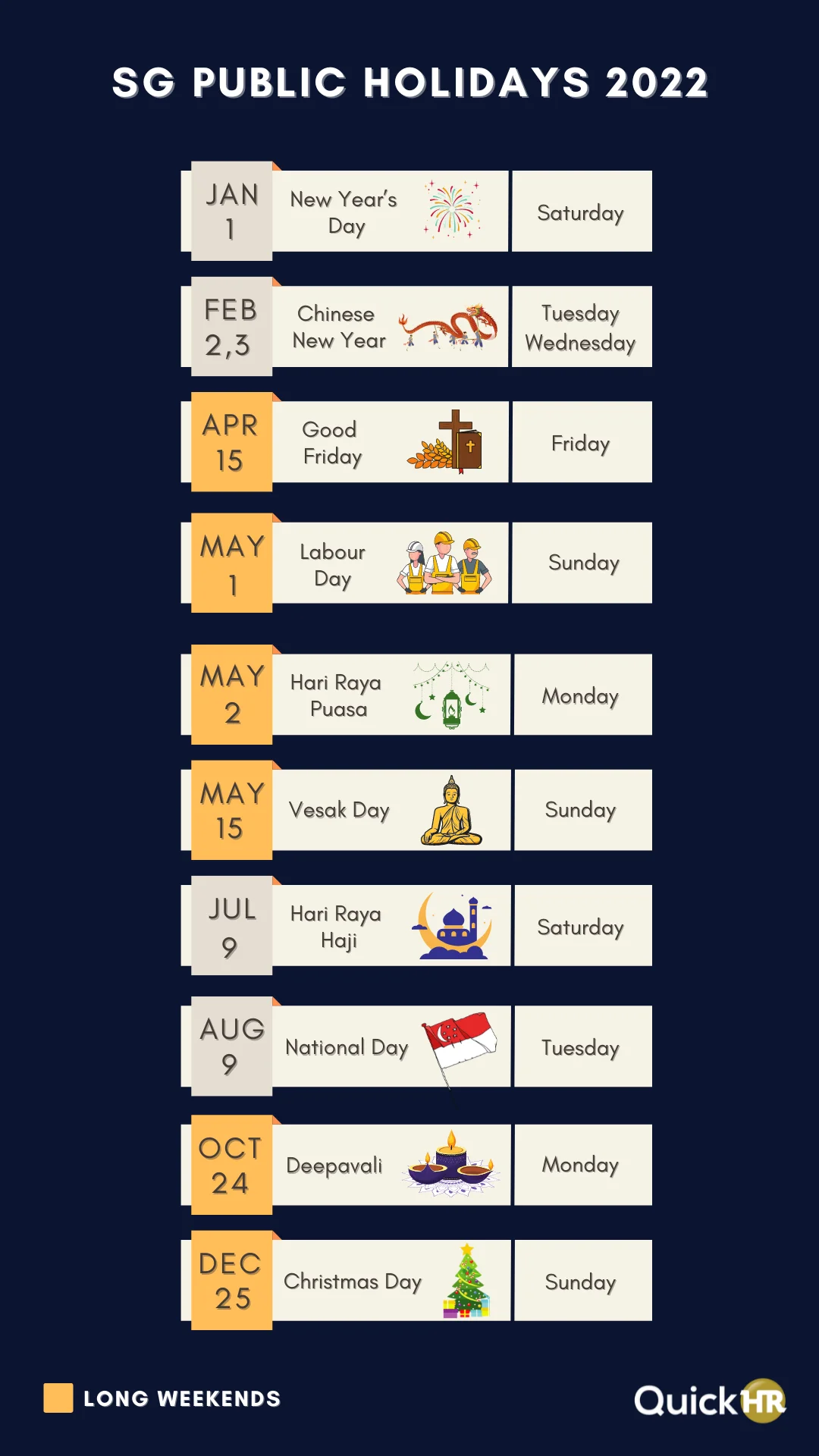
For HR managers and employees who weren't able to take a long vacation this year, 2022 offers more opportunities to spend more time with family and friends. If you thoroughly plan it out, you can enjoy longer vacations without having to take extra annual leave.
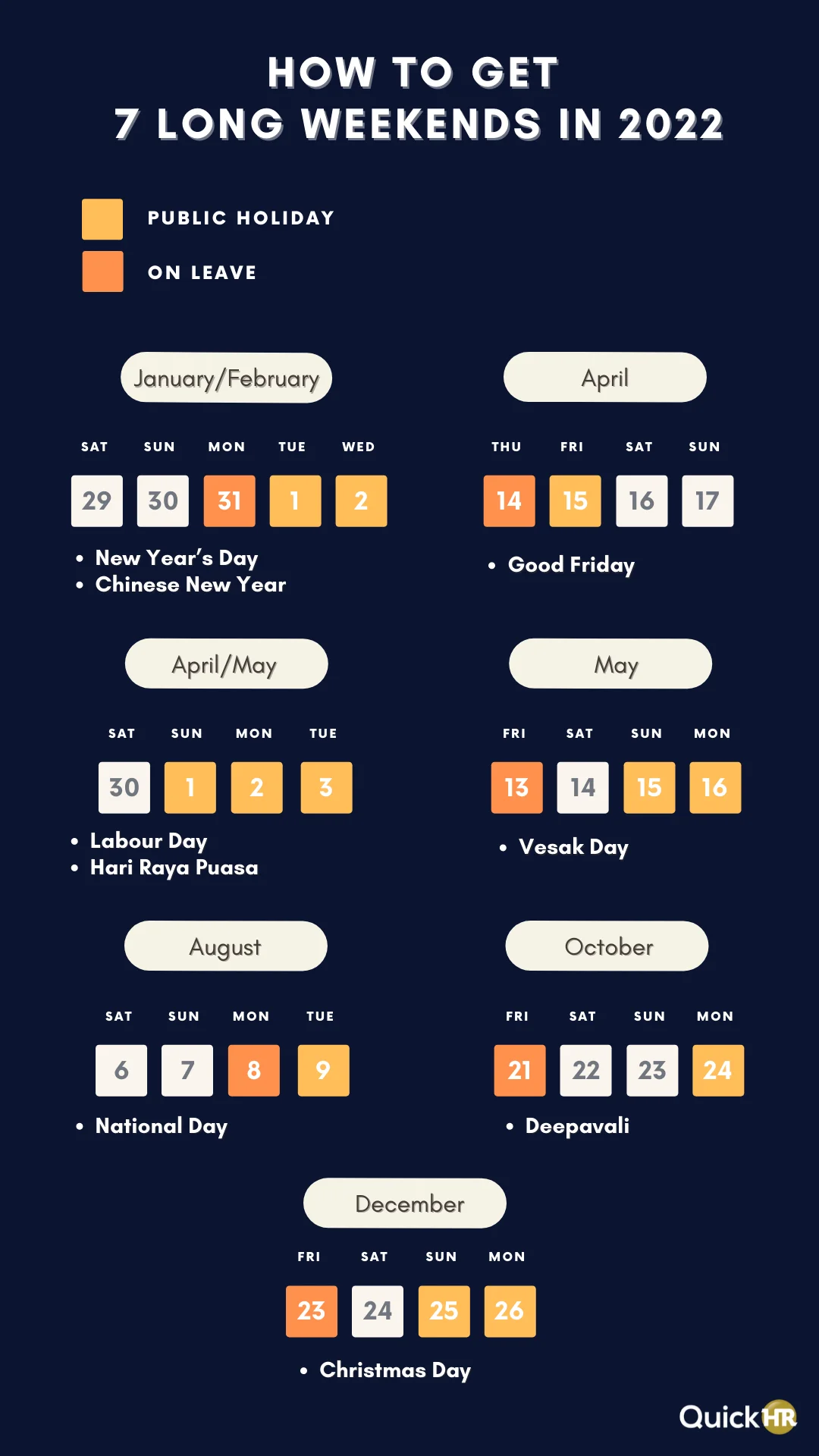
Everything You Need to Know About Public Holidays Entitlement and Pay
MOM has made some amendments to the Employment Act [1] during pre and post-pandemic. These changes are made to ensure that all employees are fairly and rightfully compensated during the holiday periods.
Who Is Covered by the Employment Act?
An employee is covered if he/she is working under a contract of service with an employer. The Employment Act covers local and foreign employees.
An employee can be employed in the following terms:
- Full-time
- Part-time
- Temporary
- Contract
If an employee works less than 35 hours a week, he/she is a part-time employee covered by the Employment of Part-Time Employees Regulations.
Seafarers, domestic workers, and public officers continue to be excluded from the coverage (the Employment Act). These categories are covered by other Acts and regulations because of the nature of their work.
Who Is Covered under Part IV of the Employment Act?
- Workmen (doing manual labour) earn a basic monthly salary of not more than $4,500
- Non-workmen that earn up to $2,600
As of 1 Apr 2019, all managers and executives earning a monthly basic salary of more than $4,500 are entitled to core provisions of the Employment Act, such as paid public holidays. [2]
Here are some important guidelines you need to keep in mind while managing your payroll:
- Every employee is entitled to 11 paid public holidays a year. If an employee is required to work on a public holiday, the employer should pay the employee an extra day's salary or grant a day off in lieu.
- Employees are entitled to their gross rate of pay on a public holiday if they’re not absent on a working day before or after a holiday.
They’re also entitled if they’re on an authorized leave (e.g. annual leave, sick leave, unpaid leave) on the day before or after a holiday. - Employees are NOT entitled to holiday pay if the holiday falls on their approved unpaid leave.
- If a public holiday falls on an employee’s rest day, the following working day will be a paid public holiday. The employee is entitled to another day off or one extra day's salary in lieu of the public holiday.
For instance, if an employee is on a 5-day work week, Saturday would be considered his/her non-working day. For a public holiday that falls on a rest day or non-working day, the employee should get either a day off or a salary in lieu. - If an employee is not covered by the Employment Act, the terms will be based on the employment contract.
- The employer and employee can mutually agree to substitute a public holiday for another working day.
An employer has the additional option of granting time-off-in-lieu, based on a mutually agreed number of hours, for working on a public holiday for these group of employees:
- Workmen earning more than $4,500 a month
- Non-workmen earning more than $2,600 a month
- All managers and executives
If there’s no mutually agreed number of hours, you may follow this guideline:
- For employees who worked 4 hours or less on a holiday, grant them time off in lieu of 4 hours on a working day.
- For employees who worked more than 4 hours on a holiday, grant them a full day off on a working day.
You can also use this public holiday pay calculator [3] to check the employee’s pay for working on a public holiday that falls on a working day or non-working day.
NOTE: This calculator is only applicable for full-time employees covered by the Employment Act.
Streamline Your Public Holiday and Leave Management
With the changes in MOM’s Employment Act, HR managers will need to streamline their payroll processing and leave management.
With integrated HR solutions such as the all-inclusive QuickHR software, you can experience automated and optimized payroll and leave management in one platform.
QuickHR’s fool-proof leave management system comes with a multi-tiered approval system, easy tracking of leave status, and detailed reports to help manage employees' requests in real-time.
Employees can apply for leaves and HR managers can approve requests anytime and anywhere with QuickHR’s mobile app.
QuickHR’s versatile payroll system is fully integrated with employee data, leave, timesheets, salary allocations, and more, ensuring that every employee will be paid fairly and punctually.
Our comprehensive payroll module also allows automatic calculations and deductions in adherence to government regulations. These include tailored CPF formulations, auto-calculated SDL contributions, Bank GIRO and CPF submission features, and MOM itemised payslips.
At QuickHR, we always ensure that our HRMS software is regularly updated to the latest changes on public holidays and other regulations.
If you want to know more about QuickHR, you may contact us or request a free demo with absolutely no terms and conditions!
Sources
- [1] https://www.mom.gov.sg/employment-practices/employment-act/amendments-to-the-act
- [2] https://www.mom.gov.sg/employment-practices/public-holidays-entitlement-and-pay
- [3] https://www.mom.gov.sg/employment-practices/salary/calculate-public-holiday-pay
Enjoying this article? Subscribe now and never miss out on future content.





